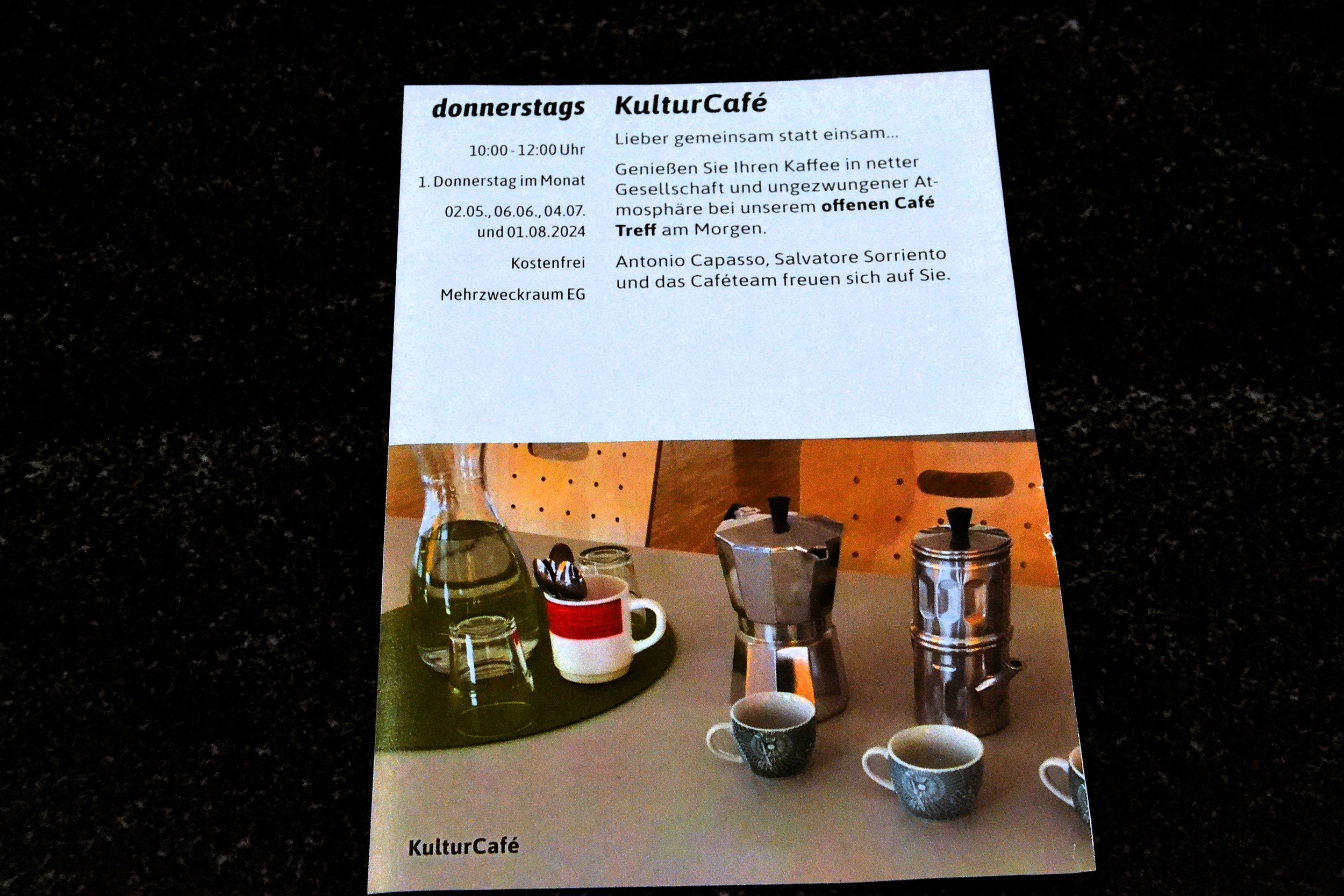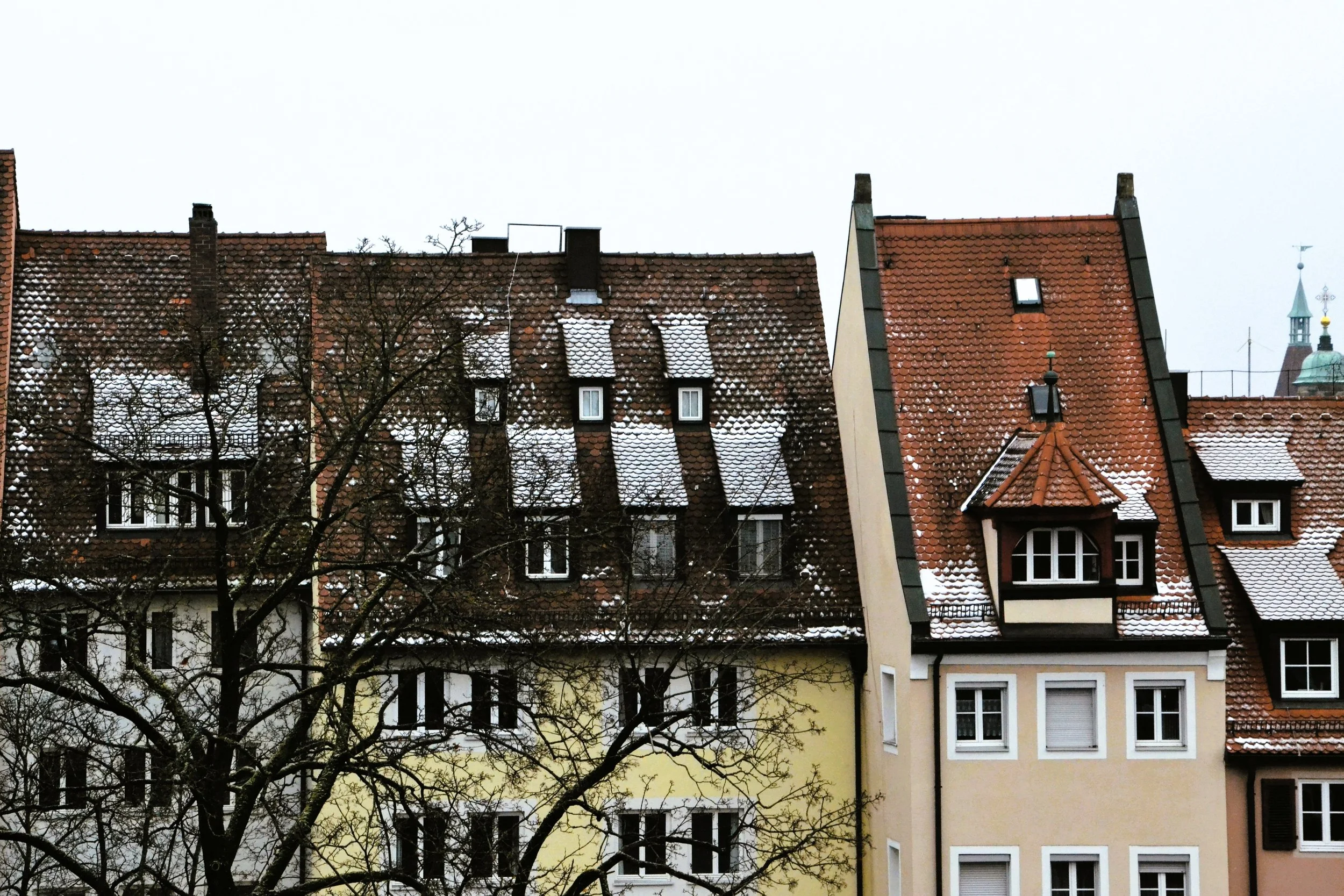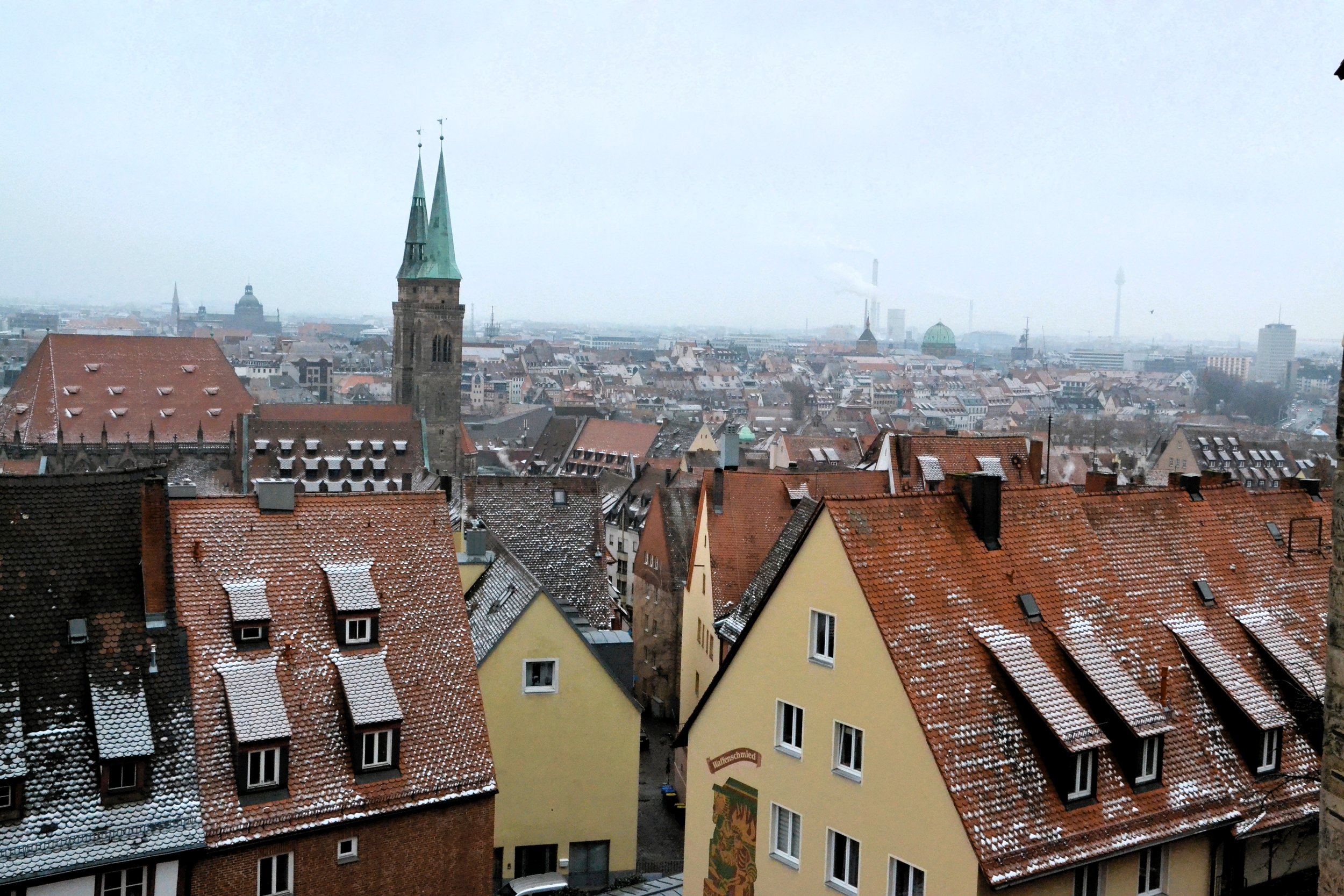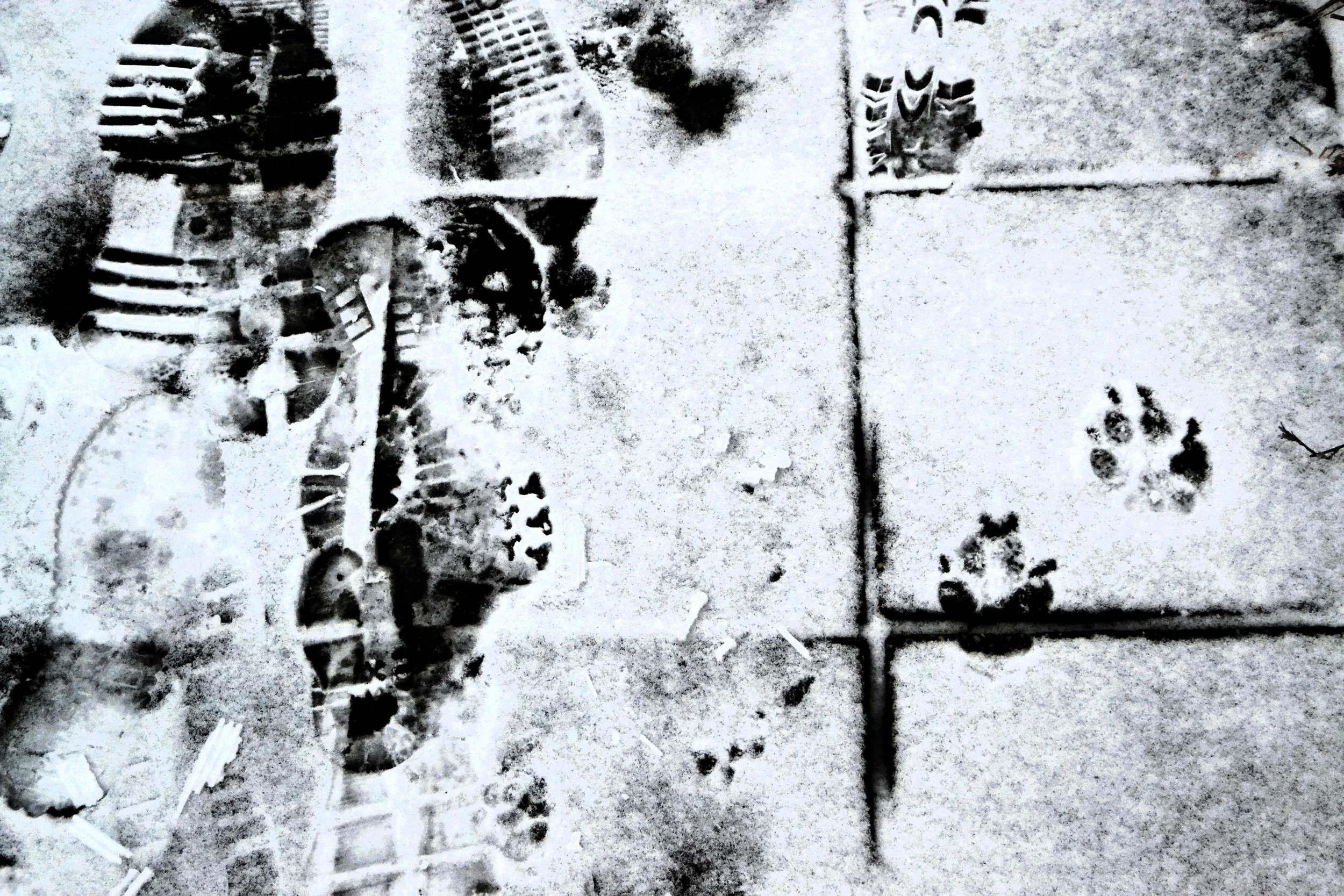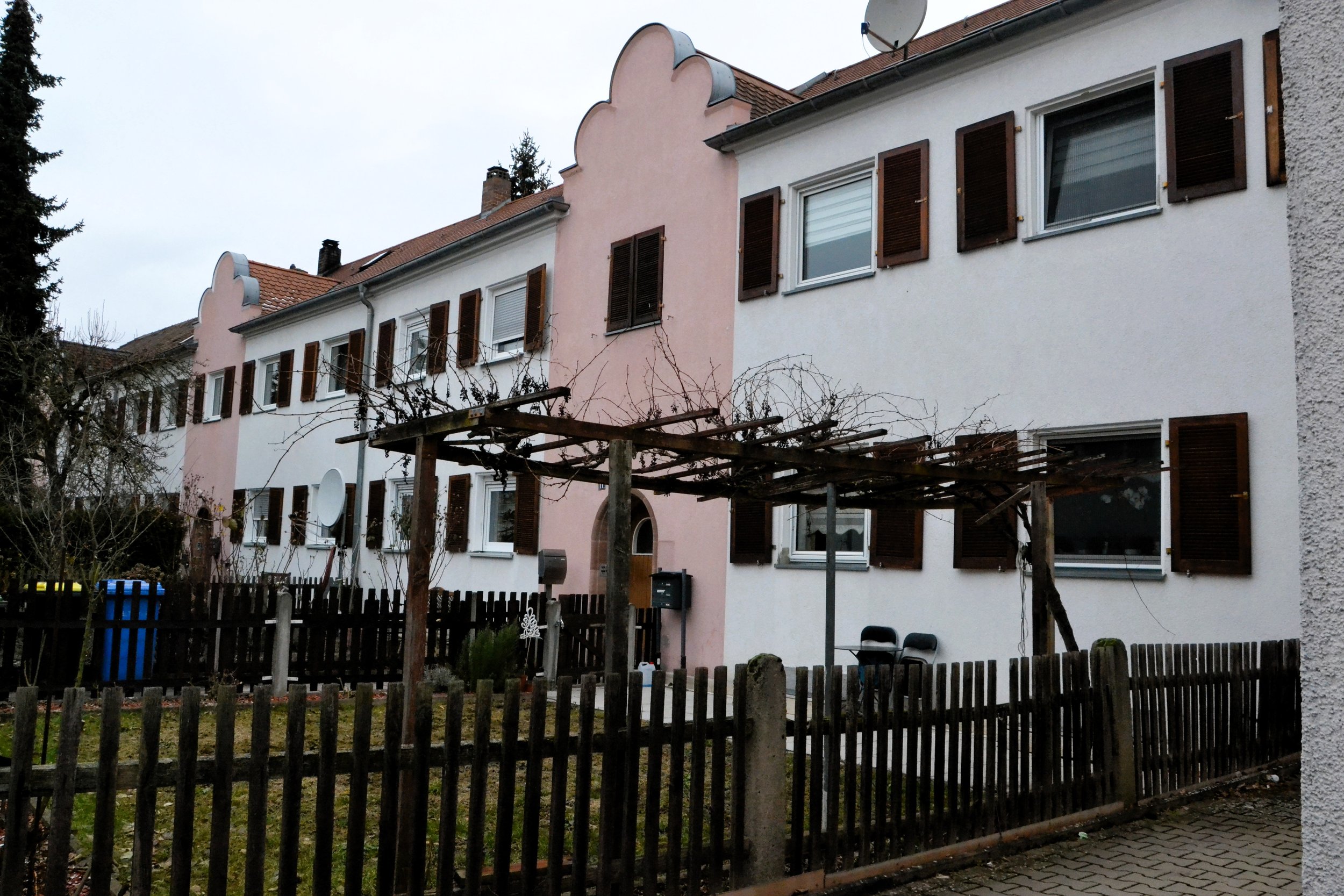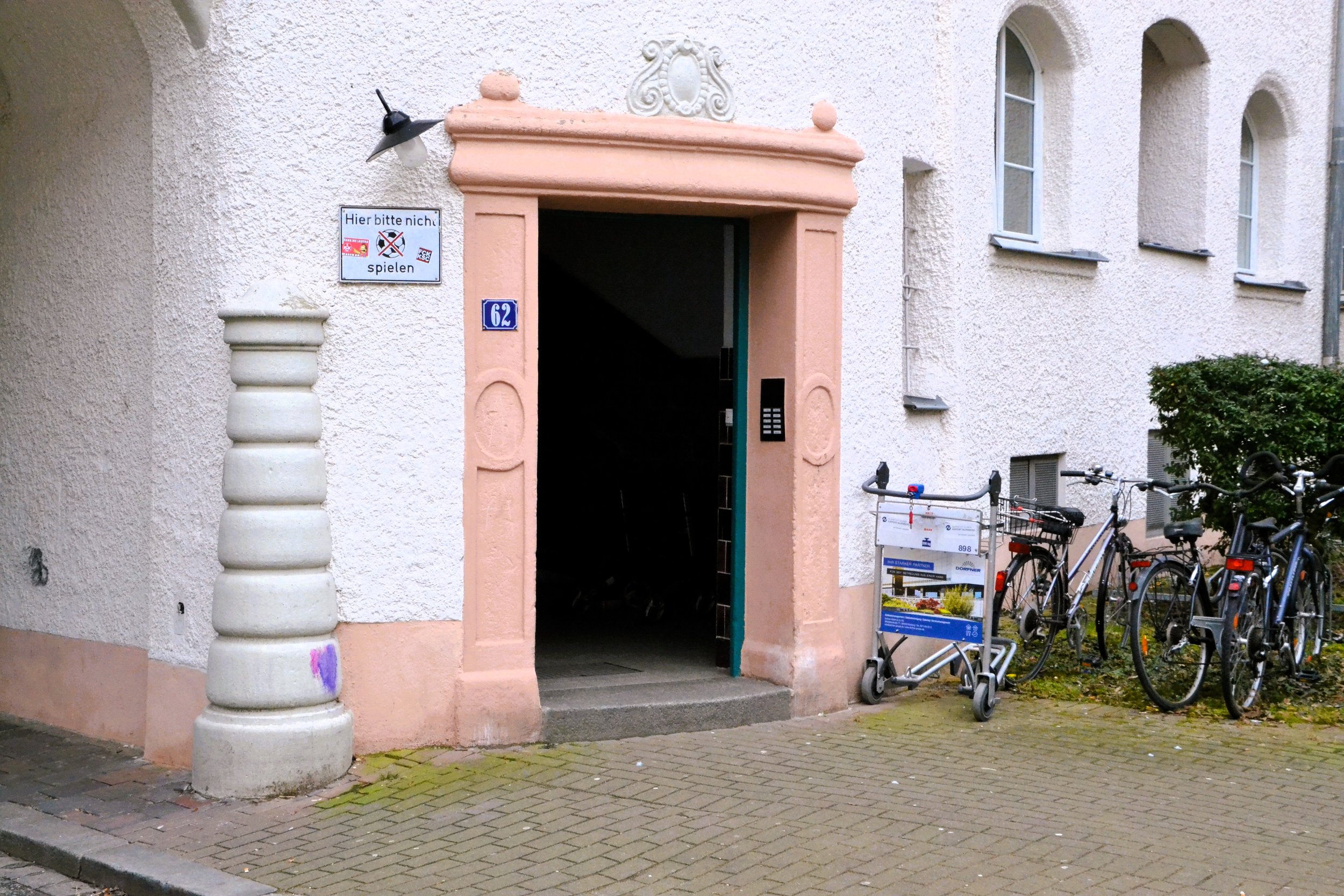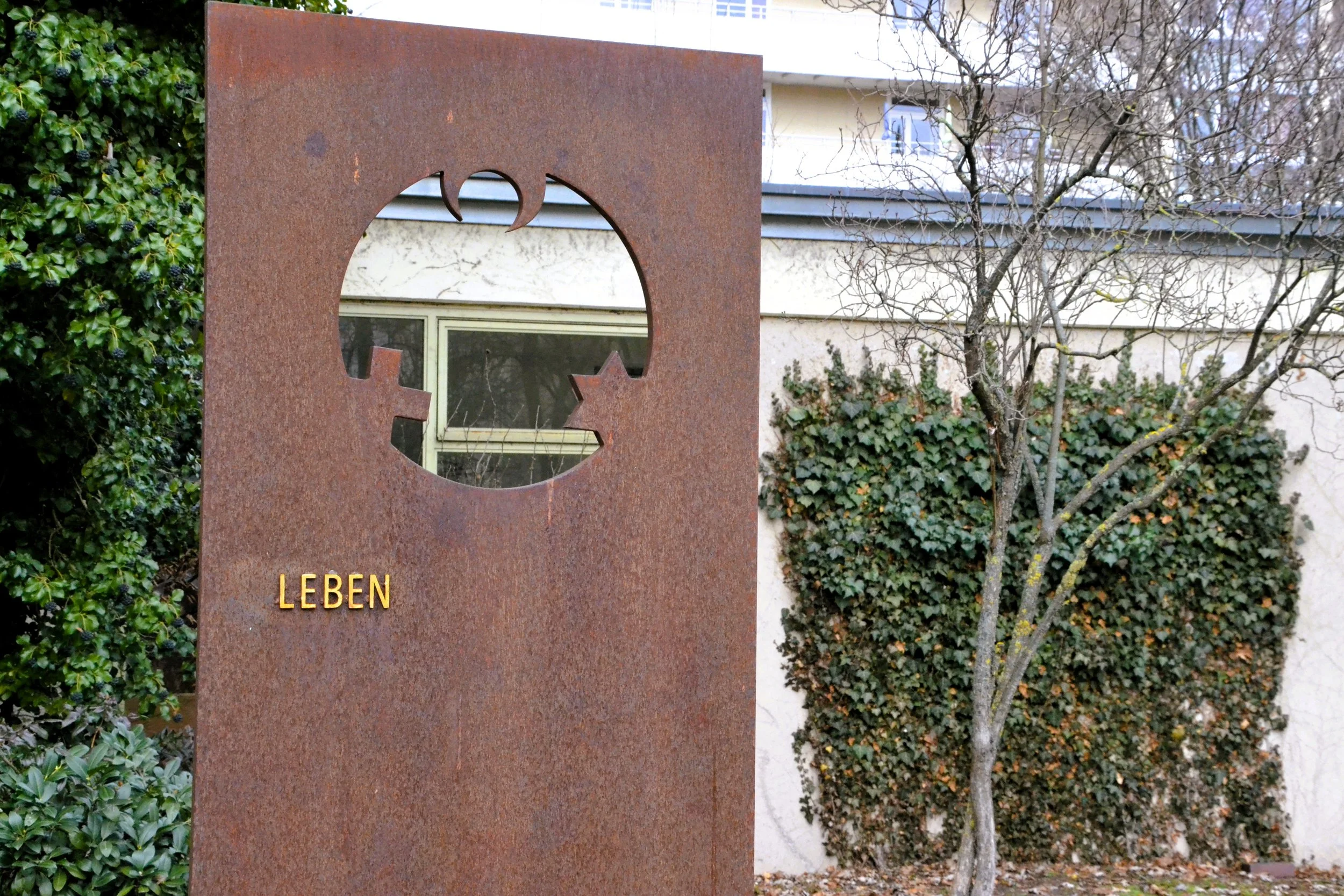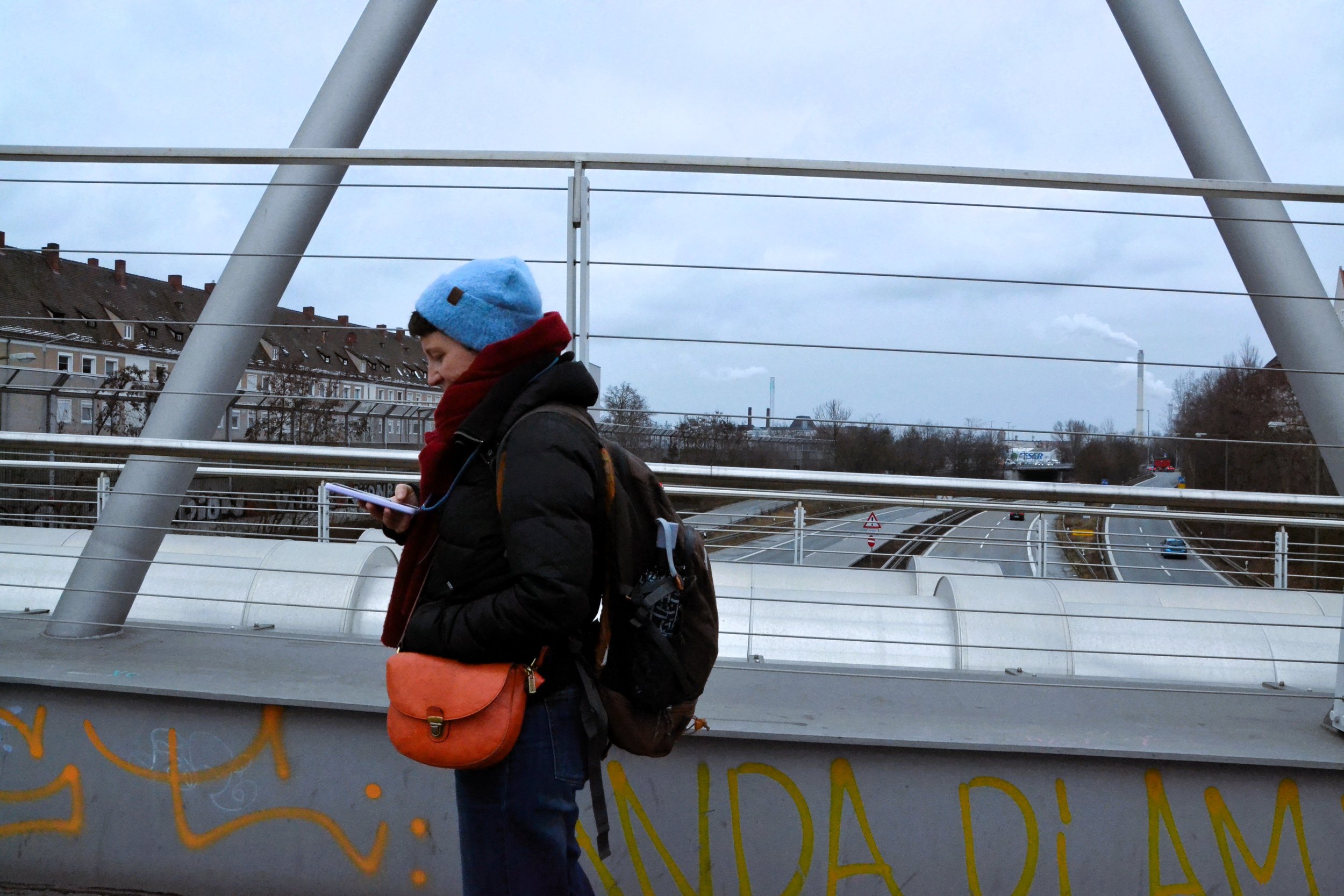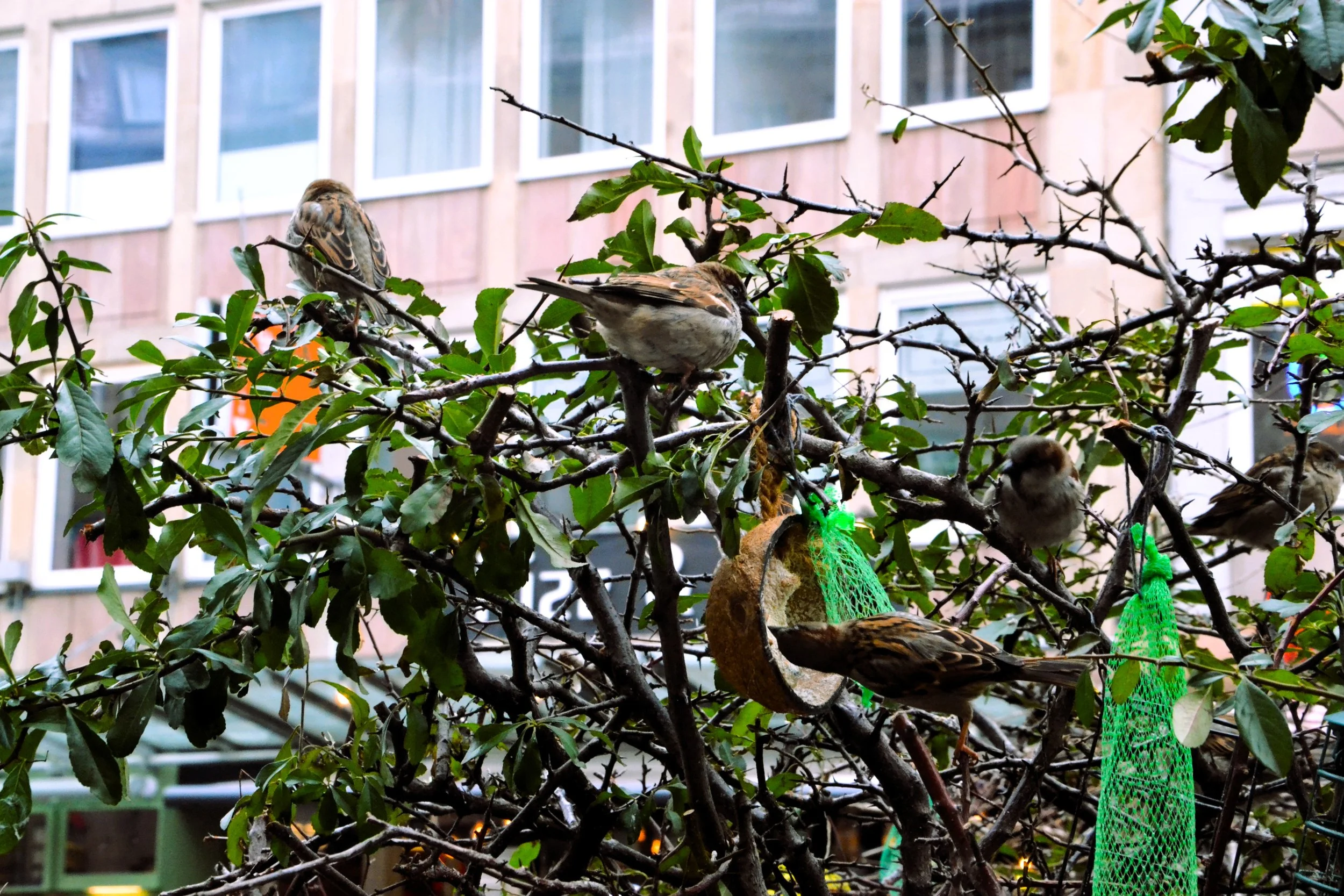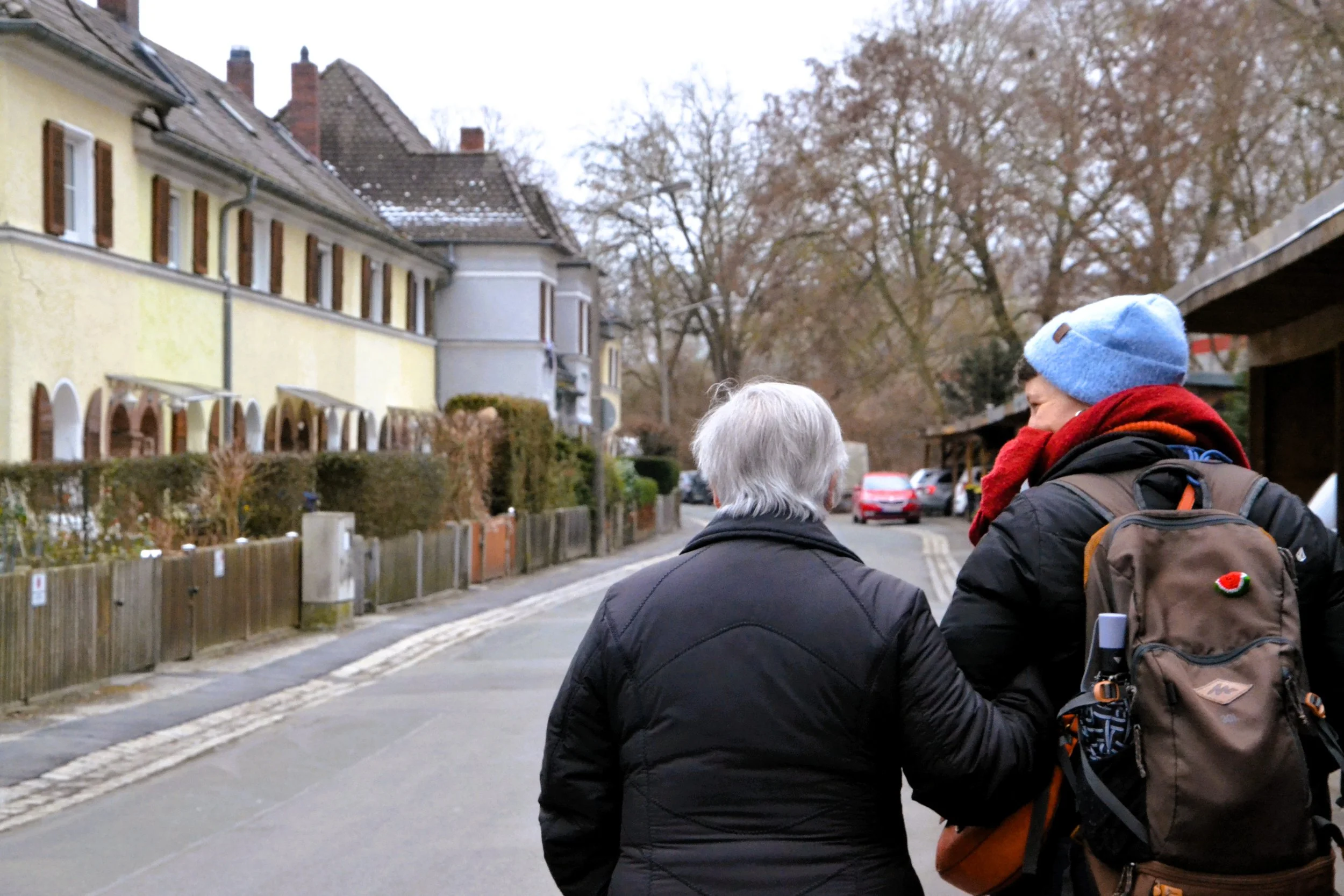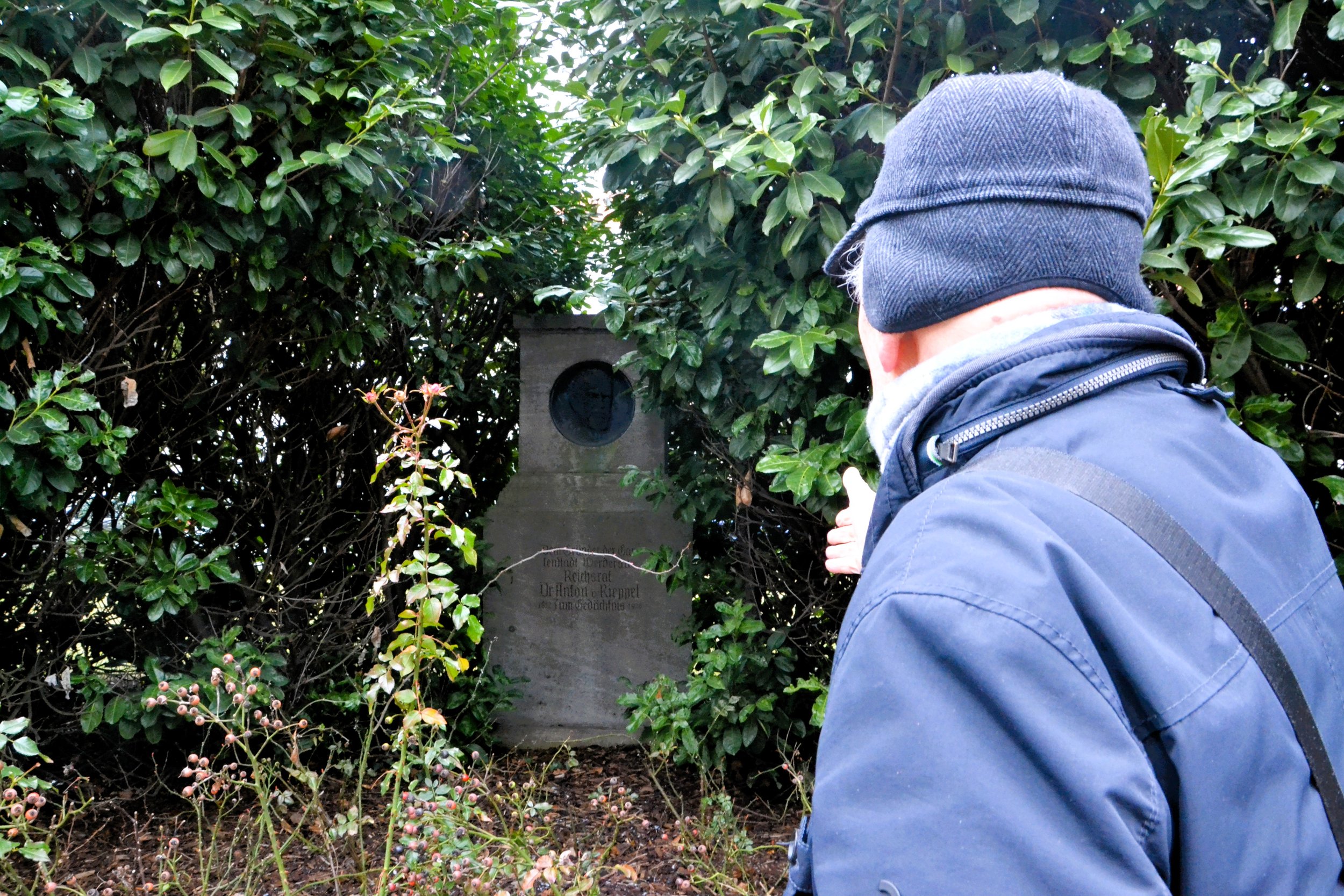
Nürnberg
Nürnberg – From the 3rd to the 16th of February 2025.
Fieldwork by Silvia Stefani, Francesca Lagomarsino, & Rossella Schillaci.
Text by Silvia Stefani & Francesca Lagomarsino.
Photographs by Rossella Schillaci.
From the 3rd to the 16th of February, we were in Nuremberg to interview Italian older migrants.

«
“What makes you feel at home?”. “My language”.
This was answered by Rosa, a woman who finally finds herself in the soundscape of the Italian language and its local dialects. In many cases, the older Italian migrants in Nuremberg learned to speak German on the field, with difficulty. A woman learned it thanks to the local elderly at work, another one called an uncle on the assembly line to act as his interpreter for a day and explain the job to him, who found himself serving ice creams without knowing a word. Few have studied and, often, those who emigrated as children abandoned their studies to work to help their family. With effort and dedication, they learned the language of work, which for many has remained as such, leaving Italian and dialect in family life. Today some are more comfortable with this language and often use it with their children and grandchildren. However, some still struggle to express themselves and continue to feel like a foreigner after a life as a migrant.
But everyone is looking for the Italian language. They look for it in the television programs always broadcast in their homes, which makes them, as they proudly say, more up-to-date on the fate of Italy than their relatives who remained in the country. They also look for their language in Church, in the Catholic mission which celebrates mass in Italian every Sunday and contributes to building a spiritual, but also relational community. A place where people meet each other, recognize each other and create strong bonds of friendship. They often also frequent other parishes, closer to their homes. Sooner or later, however, they return to the mission and their language.
Italian represents a comfortable and welcoming space, a stream that flows effortlessly, a soundscape that reactivates images of childhood and youth, a living language that is not just the memory of a country, but of an age of life. A language that for some is the only true home.”
Silvia Stefani
& Francesca Lagomarsino

